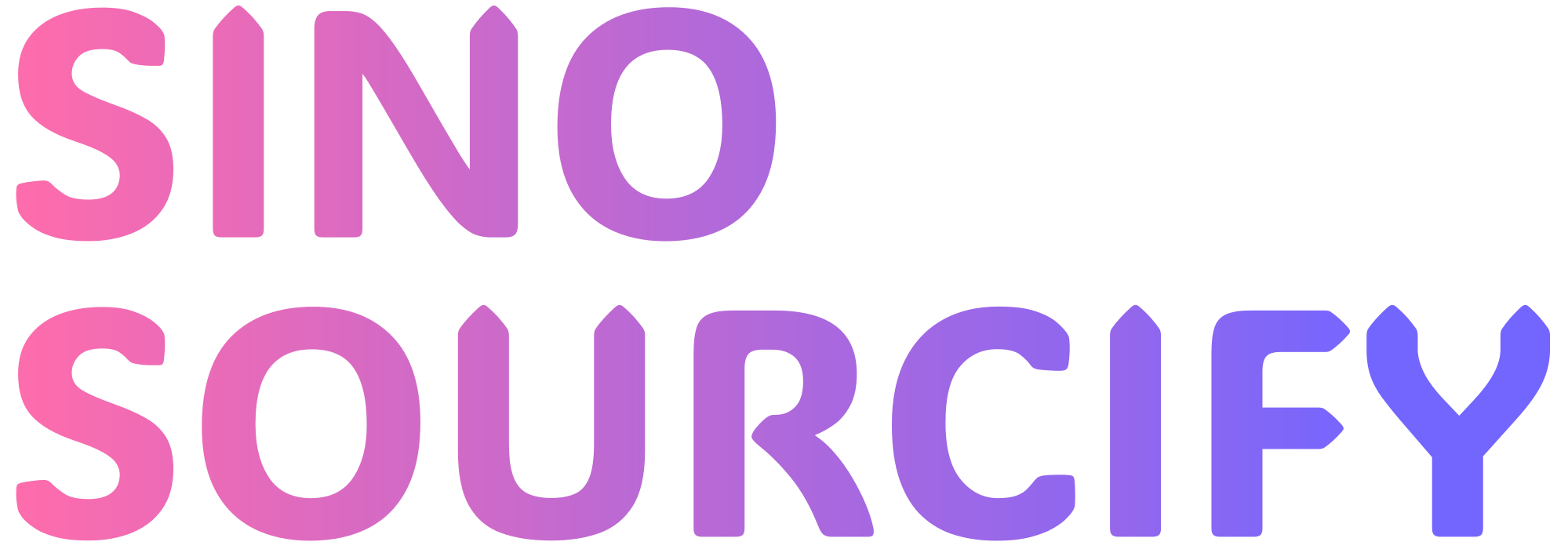In today’s fast-paced global economy, supply chain transparency and efficiency are more critical than ever. Blockchain technology has emerged as a transformative force, offering unparalleled traceability, security, and automation for supply chains. By leveraging decentralized ledgers, businesses can mitigate fraud, reduce delays, and enhance trust among stakeholders. Platforms like Long are at the forefront of integrating blockchain solutions to streamline supply chain operations.
The Role of Blockchain in Modern Supply Chains
Blockchain’s immutable ledger ensures that every transaction or movement of goods is recorded permanently. This eliminates discrepancies and provides a single source of truth for all parties involved. For example, a food manufacturer using blockchain can trace contaminated ingredients back to their source within seconds, significantly reducing recall costs and risks.
Key Benefits of Blockchain for Supply Chains
- Enhanced Transparency: All participants can access real-time data, reducing information asymmetry.
- Fraud Prevention: Tamper-proof records minimize counterfeit goods and unauthorized alterations.
- Cost Efficiency: Smart contracts automate payments and compliance, cutting administrative overhead.
Real-World Applications
Industries from pharmaceuticals to agriculture are adopting blockchain to address supply chain challenges. Walmart, for instance, uses blockchain to track produce from farm to shelf, ensuring food safety. Similarly, Long provides blockchain-based tools that help businesses optimize logistics and inventory management.
Future Trends and Innovations
As IoT and AI converge with blockchain, supply chains will become even smarter. Predictive analytics can forecast disruptions, while autonomous drones and robots may handle last-mile deliveries. Long is actively researching these advancements to offer cutting-edge solutions for its users.
In conclusion, blockchain is not just a buzzword—it’s a game-changer for supply chain management. By adopting this technology, businesses can achieve greater efficiency, trust, and resilience in an increasingly complex global market.



